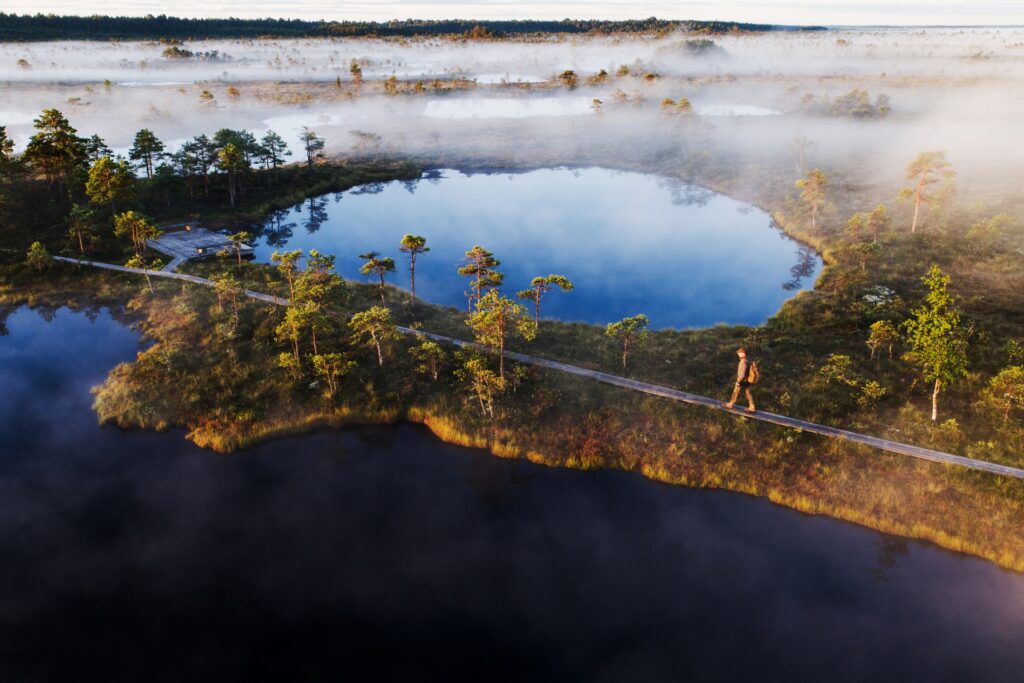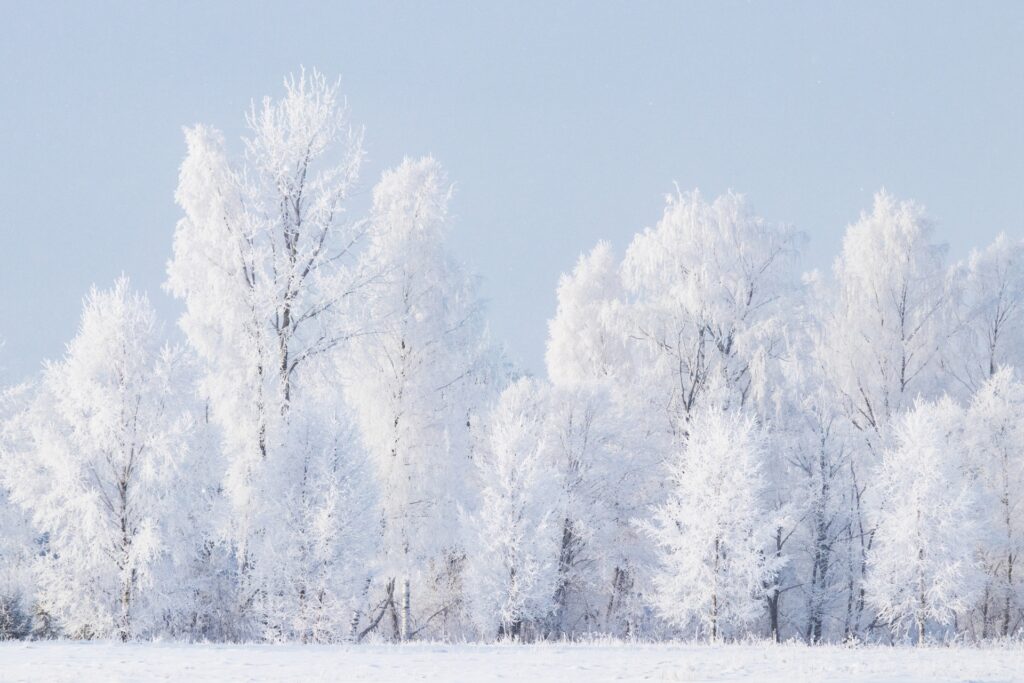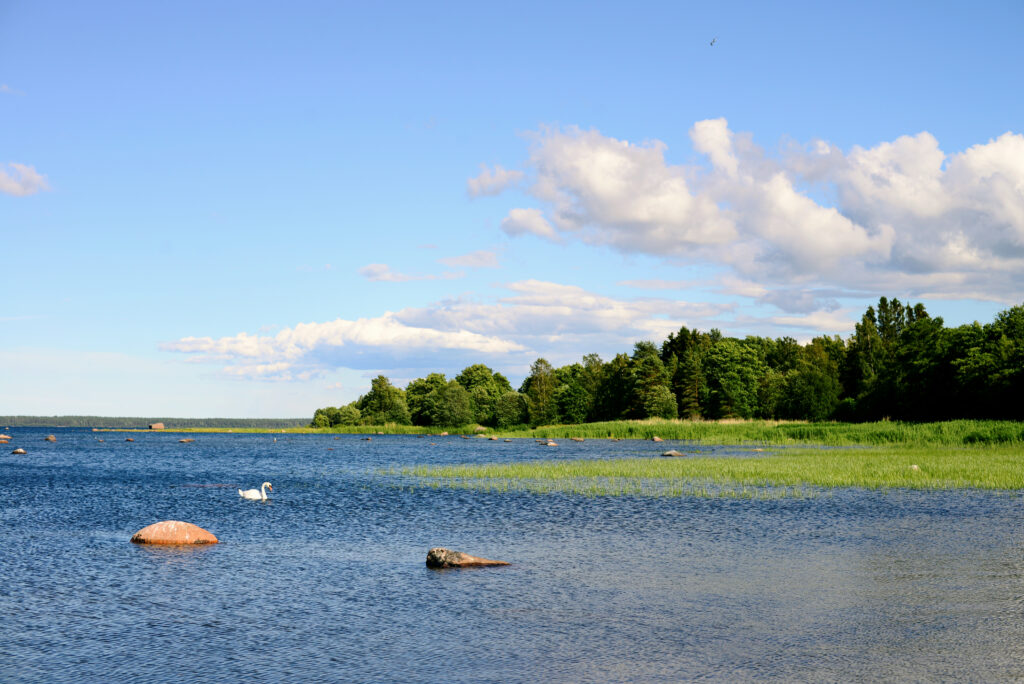Estonia is one of only seven countries in the world to meet the World Health Organisation’s air quality standard, according to a recent study.
Only Australia, Estonia, Finland, Grenada, Iceland, Mauritius and New Zealand meet a WHO guideline limit for tiny airborne particles emitted by cars, trucks and industrial processes, according to a report by IQAir, a Swiss air quality organisation that draws its data from more than 30,000 monitoring stations around the world.
Most of the world’s countries – 134 in total in the report – fail to meet the standard for PM2.5, a type of microscopic soot particle smaller than the width of a human hair that, when inhaled, can cause a wide range of health problems and deaths.
According to the report, the world’s air is generally cleaner than it has been for much of the past century. However, there are still countries where pollution levels are dangerous. The most polluted country, Pakistan, has PM2.5 levels more than 14 times higher than the WHO standard, with India, Tajikistan and Burkina Faso the next most polluted countries.

Even in Latvia and Lithuania, the air is more polluted than in Estonia, and even in wealthy countries such as the UK, the US and Canada, the air is significantly less clean than in the least polluted countries.
“Unfortunately, things have gone backwards,” Glory Dolphin Hammes, the North America chief executive of IQAir, told the British newspaper, The Guardian.
Seven million people die each year from pollution
“The science is pretty clear about the impacts of air pollution and yet we are so accustomed to having a background level of pollution that’s too high to be healthy. We are not making adjustments fast enough.”
Air pollution kills an estimated seven million people a year worldwide – more than AIDS and malaria combined – and this burden is most heavily felt in developing countries that rely upon particularly dirty fuels for heating, light and indoor cooking, the newspaper added.

Hammes told The Guardian that countries should act to make their cities more walkable and less car-dependent, change forestry practices to reduce the impact of forest fire smoke, and move faster to replace fossil fuels with clean energy.
“We share the atmospheric envelope with everyone else in the world and we need to make sure we are not doing things that harm those elsewhere,” she said.
IQAir is a Swiss air quality technology company specialising in protection against airborne pollutants, developing air quality monitoring and air purification products.

